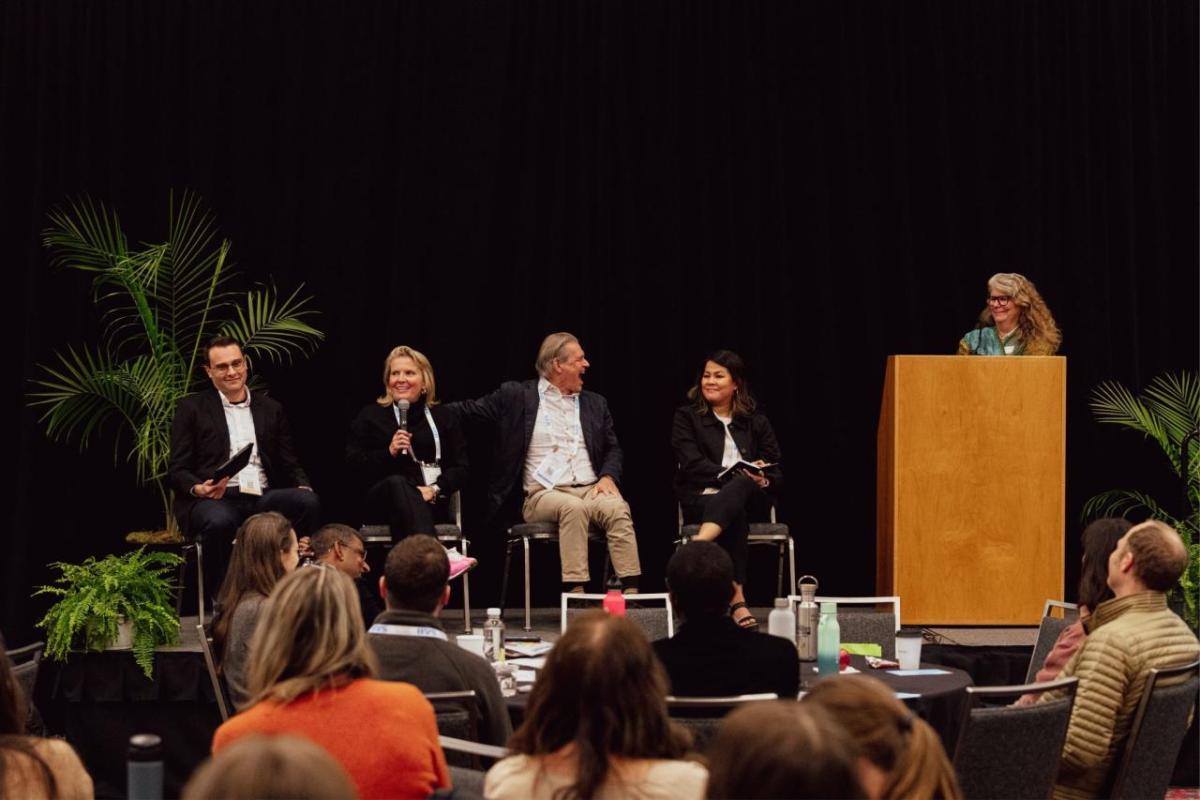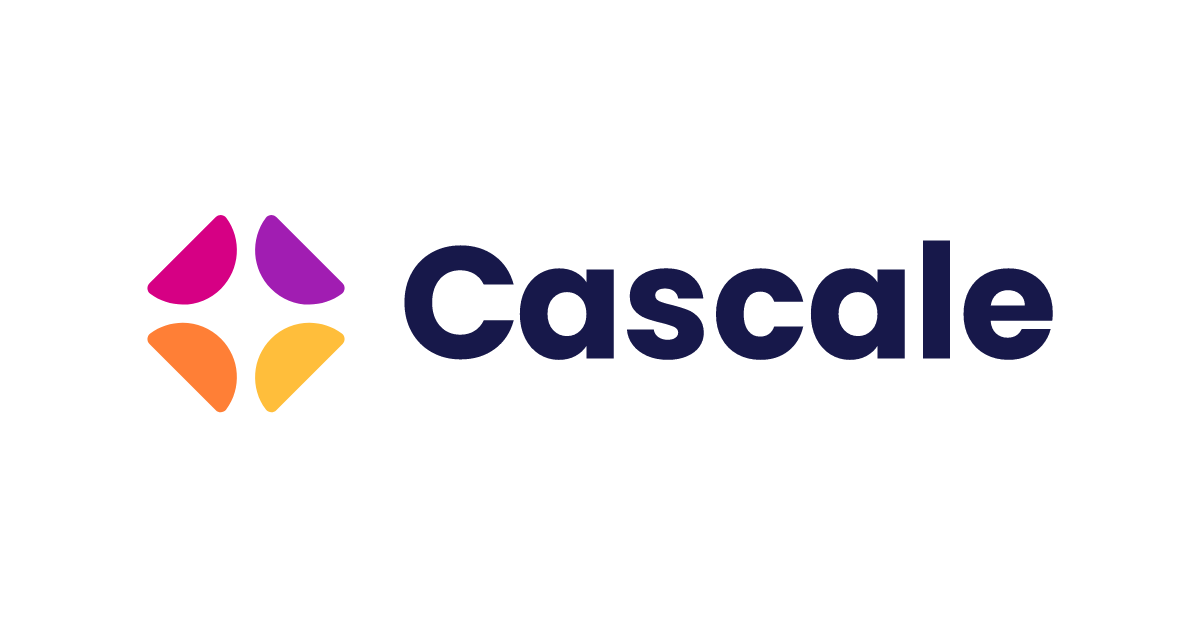Cascale Emphasizes Role of Brand-Supplier Relationships To Achieve Sustainability Goals

At the recent Functional Fabric Fair Day 0 Sustainability Workshop in Portland, Joleen Ong, senior director of brand and retailer membership at Cascale, led a session and joined a panel of industry experts to discuss various models of how suppliers and brands can work together to achieve shared sustainability goals. The event brought together sustainability practitioners who presented a pragmatic approach to foundational topics, while providing updated guidance on recent trade developments.
Ong opened the session, “Finding (or not finding) Business Value in Sustainability”. The session continued with a panel discussion moderated by Jill Dumain, founding partner, Fractal CSOs, and included panelists Gerhard Leitner, head of business unit shirting and technics, Getzner Textil AG; Jennifer Ryan, owner, Ryan Imports; and Matthew Guenther, vice president corporate sustainability, TAL Apparel Ltd.
Ong began her presentation by giving an overview of Cascale’s origins and its vision to pre-competitively convene stakeholders across the industry to develop a common approach to measuring sustainability. She highlighted Cascale’s growth in membership and ongoing evolution, and noted its strategic pillars — Combat Climate Change and Support Decent Work for All — as critical to the organization’s vision of a global consumer goods industry that gives back more than it takes to the planet and its people.
After an overview of Cascale’s Higg Index suite of tools, Ong shared how they were developed, in collaboration with members, to help measure and understand sustainability performance and identify areas for improvement. She noted Cascale’s ongoing commitment to evolve the tools, as science improves and industry challenges deepen, to support its members and the wider consumer goods industry.
Ong delved into challenges facing the industry, including audit and assessment fatigue facing organizations as a result of overlapping and redundant audits and data requests, inconsistent audit standards, and difficulties in prioritizing remediation, among others. She shared solutions that could help address these challenges, including consolidating audits, where brands and organizations can collaborate to harmonize audit standards, and reducing the frequency and overlap of audits.
Ong emphasized the need to shift from a traditional audit-driven approach to a due diligence-based strategy for managing supply chain risks. She encouraged brands to adopt smart auditing practices, including the use of predictive analytics during the pre-screening of new manufacturing partners to identify higher-risk areas or known issues. Rather than applying a one-size-fits-all audit model, she advocated for a more targeted deployment of audits. Joleen also outlined the benefits of audit convergence, such as clearer corrective action guidance for suppliers, increased wages for workers, and cost savings that can be reinvested into workplace improvements.
In parallel, Ong highlighted how adopting responsible purchasing practices can drive meaningful impact, emphasizing the pivotal role of the Better Buying Institute (BBI) in scaling effective solutions to support these efforts. Cascale recently acquired key assets of Better Buying Institute (BBI) to support its objective of advancing responsible purchasing practices across the consumer goods industry. Ong concluded by sharing insights from BBI’s surveys and the Better Buying Partnership Index (BBPI), emphasizing their importance in advancing responsible purchasing practices and promoting fair, accountable, and socially just supply chains.

